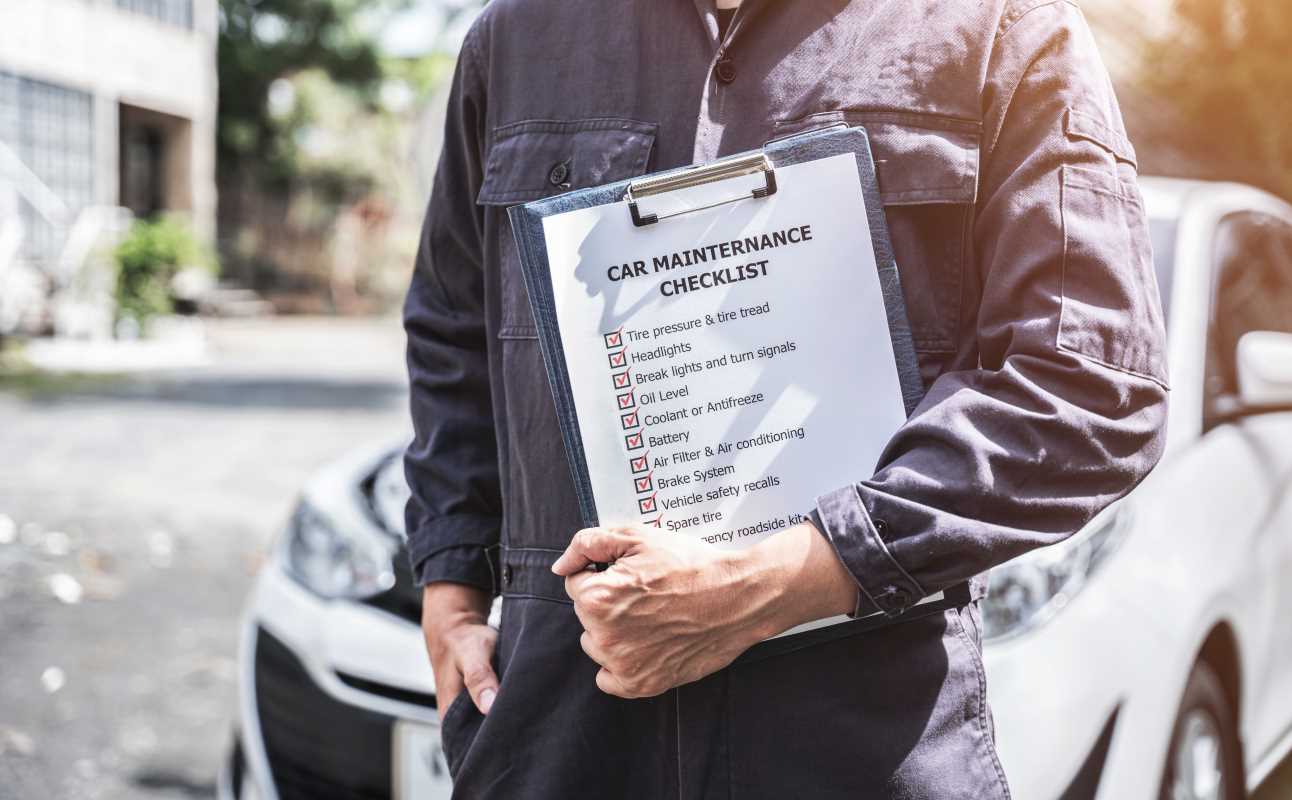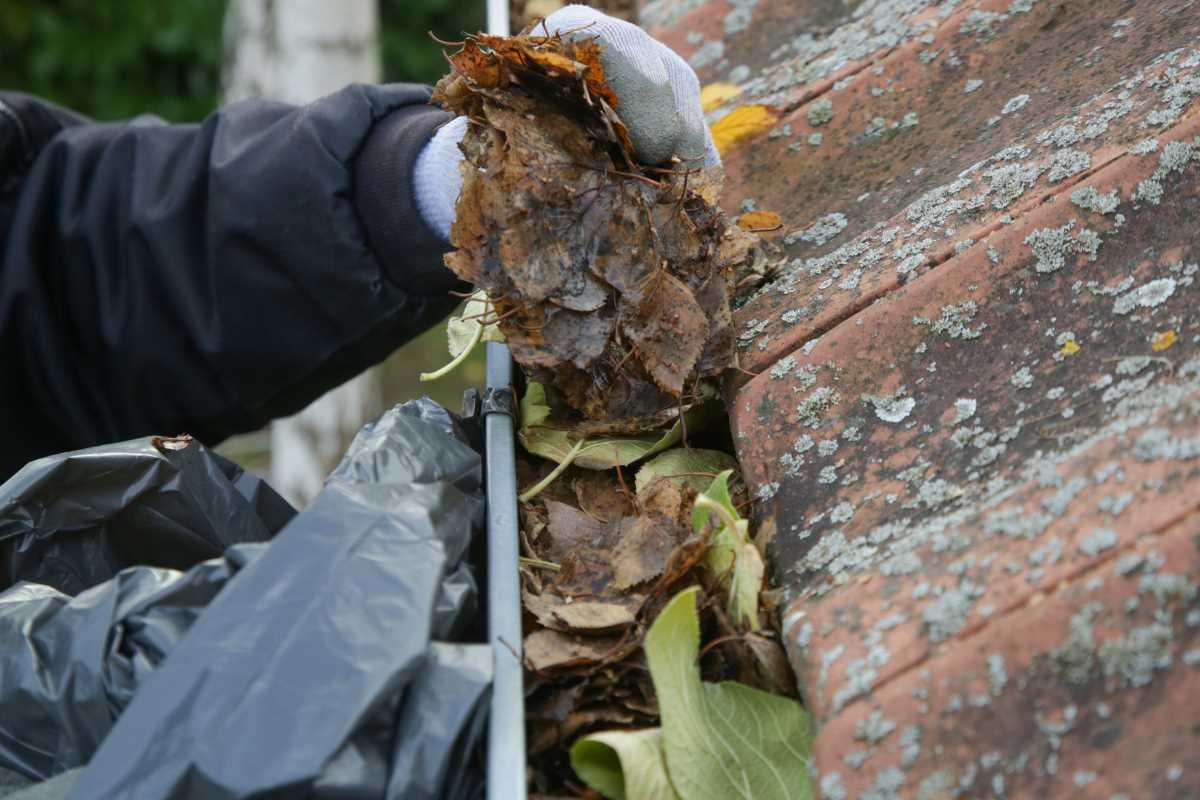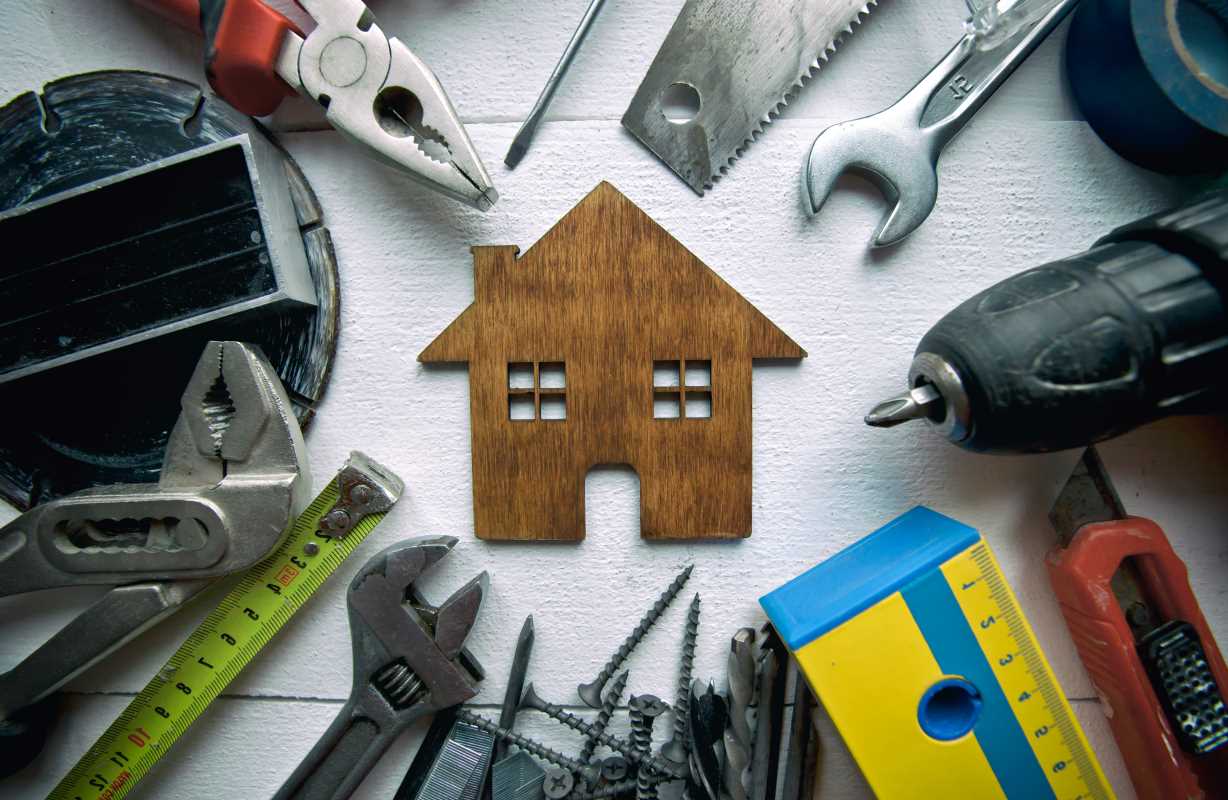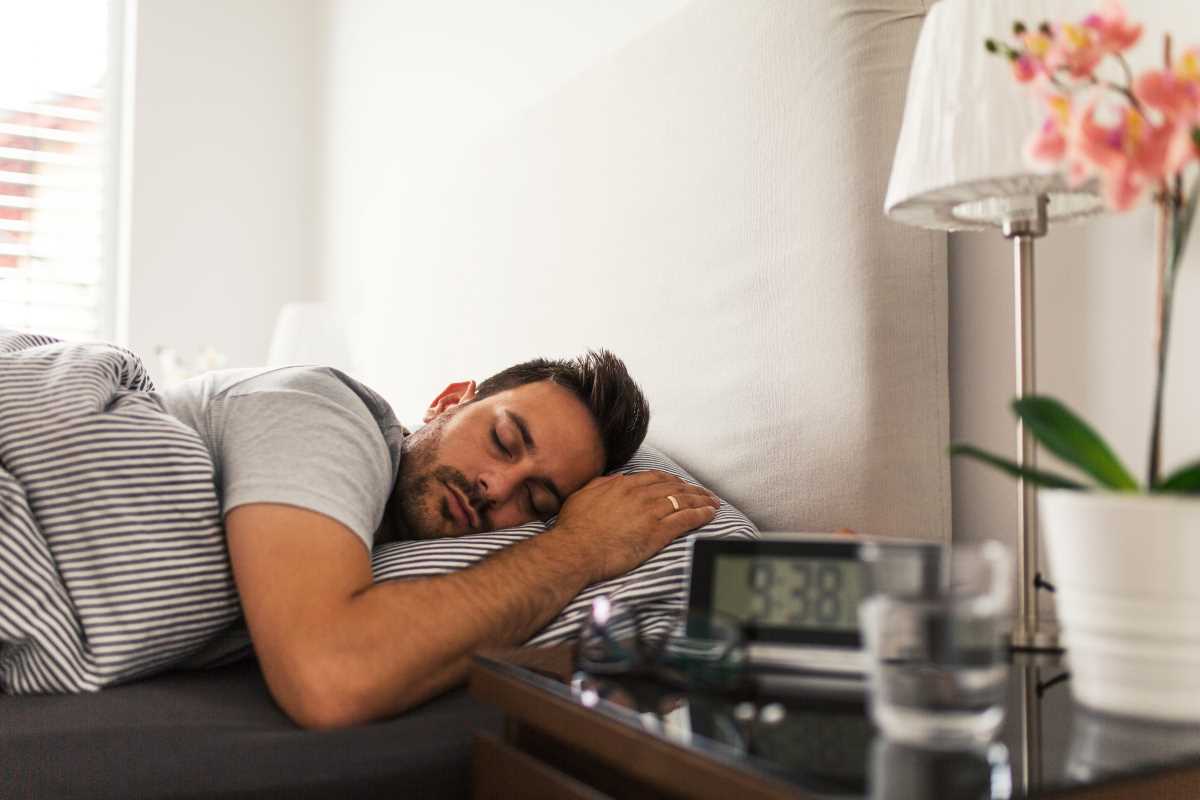Laptops are a big investment. They’re versatile tools that have become staples in households across the world, helping parents stay on top of work, manage family schedules, support school projects, and more. But here’s the thing—not all laptops are built to last forever. Over time, wear and tear can take its toll, and without proper care, even the best laptops might falter. However, with the right practices, you can protect your laptop, keep it running efficiently, and significantly extend its lifespan. This is a comprehensive guide filled with practical advice designed to help families get the most out of their laptops for many years to come.
Handle Your Laptop With Care
Laptops are portable by nature, but their portability doesn’t mean they’re invincible. To avoid accidental damage, you’ll need to handle your laptop with care.
Use a Protective Case
When traveling with your laptop, a protective case is an absolute must. A sturdy, cushioned case will protect your device from knocks, bumps, and even light spills. Opt for cases that fit your laptop snugly and are made of durable materials. If your kids rely on laptops for school, consider investing in rugged cases that are specifically designed for extra durability.
Avoid Eating and Drinking Nearby
Accidents happen, and food or beverage spills can spell disaster for a laptop. Liquid damage, in particular, can destroy key components like the motherboard or keyboard. Set boundaries in your household to prevent eating or drinking near the laptop. Create dedicated spaces for laptop use, like desks or workstations, free from food and drink hazards.
Close the Lid Gently
A laptop is not just a machine; it’s a collection of delicate components working in harmony. The hinges, in particular, are more fragile than many people realize. Teach household members to close the laptop lid gently to avoid straining the hinges or damaging the screen. Better still, remind everyone never to lift the laptop by the screen.
Keep Cables Organized
Tugging on the laptop’s charger or using frayed cords can lead to problems like damaged charging ports. Encourage family members to unplug the charger carefully and keep cables organized using clips or ties. This not only prevents damage but also reduces clutter around shared spaces.
Cleanliness Is Key
A clean laptop is a happy laptop. Dirt, grime, and dust might seem harmless at first glance, but over time, they can affect a laptop’s performance.
Wipe Down the Screen
Screens are prone to fingerprints, smudges, and dust. To keep your laptop screen spotless, use a soft microfiber cloth. Avoid heavy scrubbing or household cleaners, as they can strip away protective coatings. For tougher marks, lightly dampen the cloth with distilled water or a screen-safe cleaning solution.
Maintain the Keyboard
Cleaning the keyboard is equally important. Over time, crumbs and dust can accumulate under the keys, causing them to stick or malfunction. Use a can of compressed air to dislodge debris and follow up with a soft brush to get into tough-to-reach spaces. If your child tends to snack while working, consider adding a silicone keyboard cover to minimize mess.
Dust the Vents
Your laptop’s vents play a critical role in cooling the internal components. Dust buildup here can harm the airflow, leading to overheating. Use compressed air to remove dust from vents, but make sure to avoid holding the can too close as the pressure can damage sensitive parts.
Don’t Forget Exterior Cleaning
Dust, dirt, and hand oils can collect on the laptop’s outer casing, making it look older than it actually is. Use a damp microfiber cloth to periodically clean the exterior and keep it looking pristine.
Keep Your Laptop Cool
Heat is a silent killer for electronics, and laptops are no exception. High temperatures can degrade internal components, so keeping your laptop cool is essential.
Use It on Hard Surfaces
Many people are guilty of using their laptops on soft surfaces like beds or couches. While convenient, this habit blocks crucial ventilation. Train yourself and your family to use the laptop on hard, flat surfaces like desks or tables. If you enjoy working from a couch or bed, invest in a laptop tray with built-in ventilation.
Invest in a Cooling Pad
Cooling pads are a game-changer for laptops that run hot. These handy accessories sit beneath the laptop and use built-in fans to boost airflow, keeping temperatures low. They’re a great idea if you often use resource-heavy programs or if your laptop is aging and prone to overheating.
Avoid Direct Sunlight
High temperatures can cause internal parts to expand or warp, permanently damaging your laptop. Keep your device away from direct sunlight, especially during summer months. If you’re working outdoors, find a shaded space to protect your laptop from heat exposure.
Monitor Internal Temperatures
Modern laptops often come with built-in temperature monitoring tools, or you can download software like HWMonitor or SpeedFan. Keep an eye on these numbers and take action when you notice temperatures creeping into unsafe zones.
Show Your Battery Some Love
Your laptop’s battery serves as its lifeline. Without proper care, batteries can degrade quickly, leading to shorter runtimes and, eventually, replacement costs.
Avoid Constant Charging
One common misconception is that keeping your laptop plugged in all the time is harmless. Unfortunately, this can stress the battery and reduce its capacity. Ideally, allow the battery to discharge to around 20-30% before plugging it back in to recharge fully.
Turn It Off When Not in Use
If you’re stepping away from your laptop for a long time (especially overnight), shut it down instead of relying on sleep or hibernation modes. This reduces battery usage, saves energy, and ensures the system starts fresh the next time it’s turned on.
Enable Power-Saving Features
Take advantage of your laptop’s power-saving modes. These settings optimize performance to reduce battery drain, especially useful during extended working sessions or when you’re far from an outlet.
Avoid Extreme Temperature Changes
Both extreme heat and cold can negatively impact your laptop’s battery. Avoid leaving your device in hot cars or exposed to freezing temperatures, as these conditions can shorten the overall lifespan of the battery.
Regular Maintenance Matters
Just like a car needs routine maintenance, so does your laptop. Regular upkeep ensures it performs at its best for years to come.
Update Software and Operating Systems
Outdated software can leave your laptop sluggish and vulnerable to security risks. Keep your operating system, drivers, and installed programs up to date to benefit from performance improvements and patched vulnerabilities.
Use Antivirus Software
Malware such as viruses, ransomware, and spyware can not only slow down performance but also cause irreversible damage to your files and system. Install a trusted antivirus program and update it regularly. Windows Defender and reputable third-party programs like Norton or McAfee are worth considering.
Declutter Your Storage
Over time, unused programs, old files, and hidden system junk can build up and slow your laptop down. Take some time every month to delete unnecessary files and uninstall unused apps. Offload larger files onto external hard drives or cloud storage. Many operating systems offer built-in storage tools to help you manage this process.
Defragment and Optimize Drives
For laptops with HDDs (hard disk drives), defragmenting helps reorganize fragmented data, making the system more efficient. Modern laptops with SSDs (solid-state drives) don’t usually need defragmentation, but you can still optimize these drives using built-in tools or system settings.
Keep an Eye on Kids’ Usage
Kids often use laptops for everything from school projects to gaming. But they might not always be as cautious as adults when handling sensitive technology.
Set Usage Boundaries
To minimize wear and tear, establish clear rules about where laptops can be used and for how long. For example, assign a designated spot for laptop activities to reduce accidental drops or spills.
Add Protective Accessories
Consider adding screen protectors and durable cases designed for kids' laptops. These accessories help shield the device from scratches, cracks, and unexpected damage caused by rough handling.
Teach Proper Handling Habits
Children often need a gentle reminder about proper handling. Take a moment to explain how to clean the keyboard, manage cables, and power the laptop down correctly. Gamifying the process could make it more fun and engaging for them.
Enable Parental Controls
Beyond physical care, also focus on your laptop's digital health with parental controls. These tools allow you to block harmful websites, set time limits, and monitor activity to ensure responsible use.
 (Image via
(Image via





